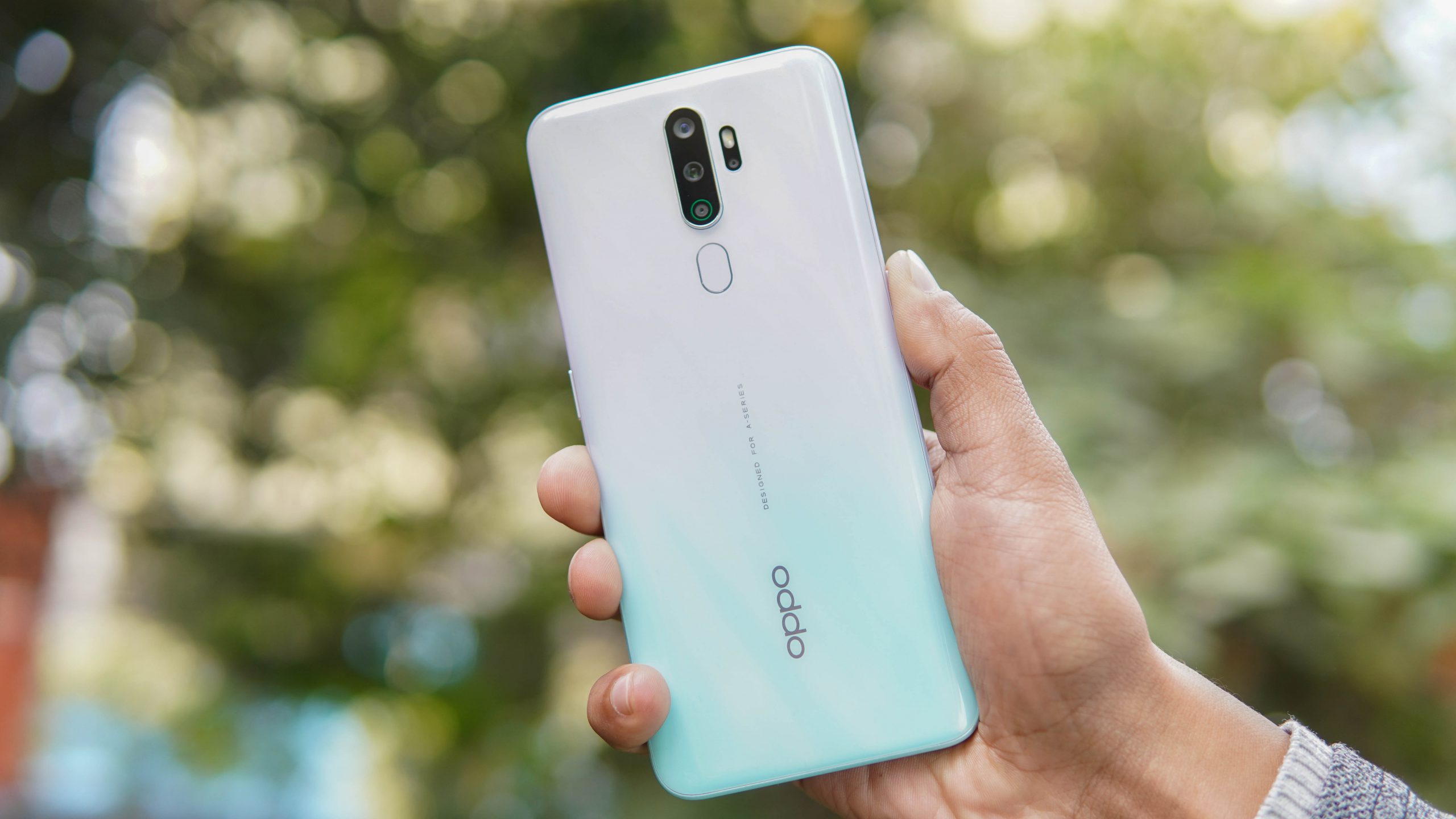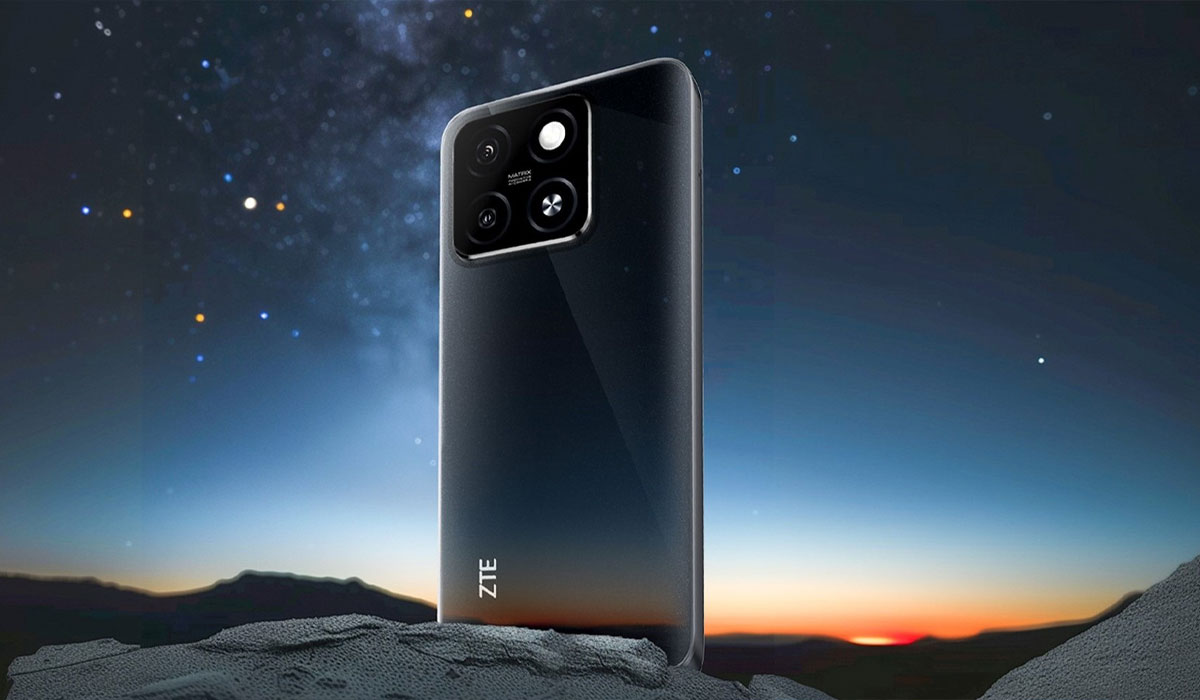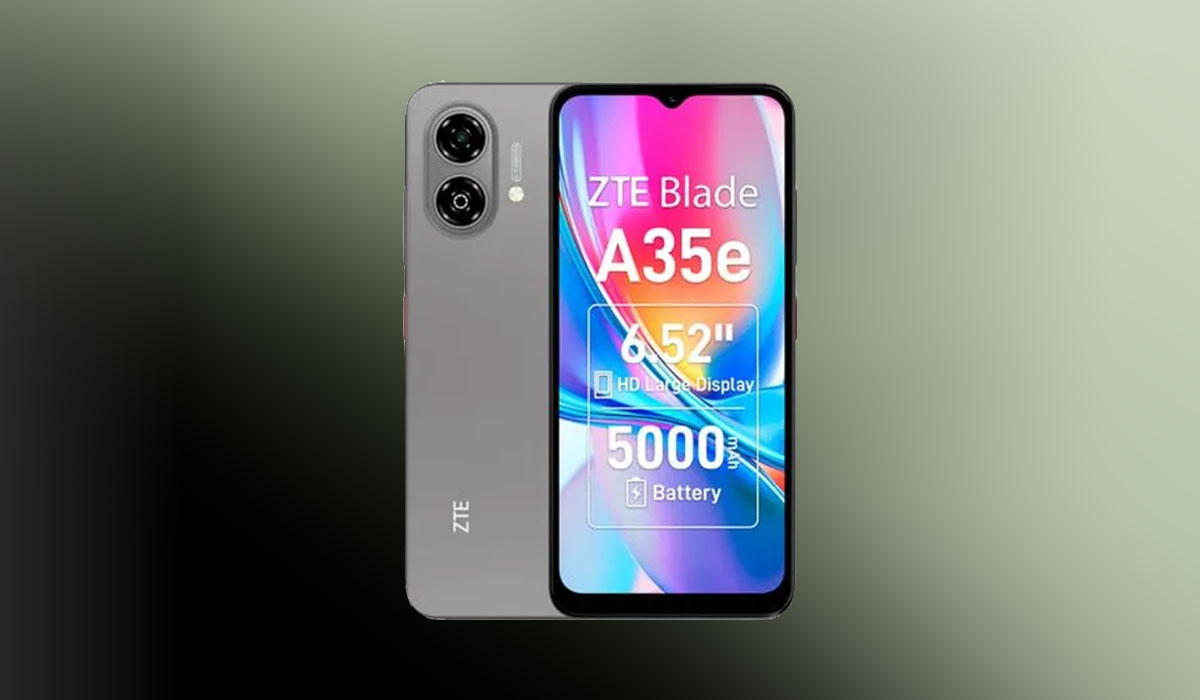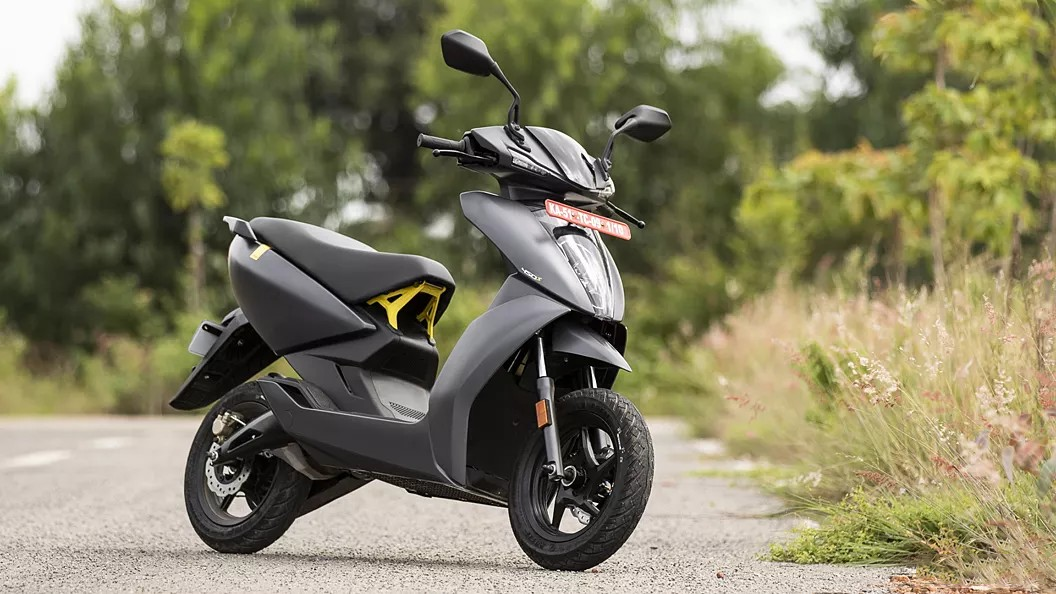Oppo A9 2020 is a brand new phone from Oppo. Oppo A5 2020 and Oppo A9 2020 were released in Nepal at the end of 2019 and both of the phones are budget phones.
Oppo A9 2020 boasts a quad-camera setup on the rear and it also has a massive 5000mAh battery. Oppo A9 2020 also has an upgraded camera sensor compared to the A5 2020. So, is the A9 2020 better than the A5 2020 and is it worth the price (Rs. 33,590)? Let’s find out!
Oppo A9 2020 Review
Design & Build
Oppo A9 2020 doesn’t stray too far from the design of A5 2020. It’s got a water drop notch on the front with minimal bezels and a slightly large chin. On the back, it’s got a quad-camera setup with 3 sensors in a single module and then a flash is housed with the remaining sensor right beside the main camera module.
The A9 2020 certainly looks better than the A5s or the A7 which were released some months ago in Nepal. We had the phone in vanilla mint edition and it looked quite premium. The glossy finish on the back looks good and doesn’t feel cheap. It’s reflective and has some sort of RGB glow effect.
The back panel catches fingerprint but the white it doesn’t show as easily in the white variant that we tested. However, we cannot say the same about the Black variant.
Oppo A9 2020 is a fine-looking phone until you closely inspect the side frame and the buttons. The side frame and buttons use plastic which feels cheap while using the phone.
On the bottom, we can find a headphone jack, microphone, USB type C port, and a speaker. Whereas, there’s a secondary speaker on the top. The availability of dual speakers enables the Dolby Atmos support on the A9 2020.
Sim slot is available on top of the volume rocker that can hold up to two Nano sim cards and there’s also a dedicated slot for micro sd card.
Display
Oppo A9 2020 rocks only a 720p display similar to the MI A3. But, it’s not even an AMOLED display. It uses a 6.5 inches IPS panel.
The color reproduction and viewing angle are good even though it’s an IPS panel. An average user might not be gravely affected by its 720p display. But, if you’re slightly advanced user then you will definitely notice the difference between a 720P display and a 1080p display.
But, we have so many high-quality contents on the internet right now. We’d all like to watch them on the highest quality possible right? And, after paying Rs. 33,590 for a phone in this age, it’s a must!
Performance
Oppo A9 2020 shares the same chipset as the A5 2020 and Redmi Note 8. It uses the new Snapdragon 665 chipset but it’s a minor update. Even though the Snapdragon 665 is the update to the 660, it is clocked slower (2.0GHz vs 2.2GHz) than the Snapdragon 660. It has an Octa-core processor (4×2.0 GHz Kryo 260 Gold & 4×1.8 GHz Kryo 260 Silver) and uses an Adreno 610 GPU.
Along with this, it has respectable 8GB of RAM and 128GB of internal storage which should be more than enough for general users. If you want more you can use an sd card up to 256GB.
A9 2020 can handle general tasks smoothly like any other mid-ranger. It would be the same if it didn’t. Opening apps, switching between apps, and multitasking feels smooth. However, it’s gaming performance is not up to the mark.
Since it only uses an HD panel, I was expecting it to have good gaming performance just like the MI A3. But, I was wrong.
Heavy games like PUBG and Asphalt 9 do not run smoothly on high settings. You will have to adjust the settings to medium or low for the best gaming experience. However, Call of Duty Mobile ran pretty well on high settings.
Camera
Oppo A9 2020 features a quad-camera setup at the back. There’s a 48MP main sensor, an 8MP ultra-wide sensor, a 2MP monochrome sensor, and a 2MP depth sensor. On the front, it has a 16MP selfie shooter.
The rear camera is a decent shooter under normal daylight situations. There’s a decent amount of detail and the dynamic range is okayish. In terms of color, the colors are slightly saturated than normal. Also, the images appear soft and overexposed under harsh lighting.
The 8MP ultra-wide-angle camera is a great addition to capture landscapes. The details are not as good as the main sensor but that is to be expected. However, it’s color profile is consistent with that of the main sensor and it is sharp enough. However, I did notice a pink tint in most of the ultra wide angle pictures.
Given it has a dedicated 2MP depth sensor, the portrait images are not as impressive as it should be. The edge detection is decent but the background blur is not convincing and also the subjects tend to be softer.
The other 2MP mono lens helps you capture b/w photos and also gives you some other effects. Not everyone would use this feature but it’s decent.
Talking about low-light photos. It’s obvious that the quality will degrade heavily. It also has night mode 2.0 and the night mode helps to retain more details. Night mode photos are better looking than the normal mode photos.
Talking about the front camera, A9 2020’s front camera performance is decent. General daylight shots are quite good with average details and dynamic range. The availability of HDR helps to control the backlight but the images may appear washed out if the background light is too bright.
Moving on to videos, Oppo A9 2020 can capture up to 4k 30fps. The videos are sharp at 4k but we can still notice some noise. The sharpness drops at 1080p and we can see more noise creeping in. Video stabilization is also not mentioned and overall we only get average video footage from Oppo A9 2020.
Battery
Oppo A9 2020 features a massive 5000 mAh battery. It’s definitely one of the major features of this phone. The phone can last for more than a day easily and given it only has an HD display, the phone can last even further if you use it moderately.
Though it has a good battery life, the Oppo A9 2020 only comes with a 10W charger which takes around 2 hours and 50 mins to charge it from 0 to 100%.
Software
Oppo A9 2020 runs on Color OS 6.1 on top of Android 9 Pie. There’s no info on if it will get the Android 10 but Color OS 6 has certainly made things much better for Oppo.
First things first, I like that they have included an option for app drawer. This gives more of a stock android vibe to any smartphones using custom OS. Furthermore, the revamped Volume UI now looks similar to the Volume HUD introduced in the stock Android Pie. Thus, it gets better for stock android lovers.
Color OS 6 also brings a pill-based navigation system that we have seen on the pixels and some other phones with stock android. And, the settings page has also been improved. It’s simpler and more organized.
The notification drop-down has also been improved along with the quick toggle settings. It’s big and looks more appealing but I still don’t like the multi-color scheme they use on the quick-toggle settings.
I have been complaining about the Colors OS for long. And, it’s good to finally see some improvements.
Biometrics
Oppo A9 2020 features both fingerprint unlock and face unlock. The rear fingerprint sensor works very well. It’s fast as any other fingerprint sensor out there and it’s consistent as well.
The face unlock is also might fast but we all know that the face unlock is not secured. So, you should use it carefully.
Speaker
One thing I will say about the speaker of A9 2020 is: it’s loud. The fact that it has two speakers and supports Dolby atoms also helps in its loudness.
The clarity is fine, it’s not great. The low end is good enough and the high pitch notes sound slightly distorted in max volume. On the overall, it’s a very good speaker for the price.
Conclusion
To conclude, Oppo A9 2020 is a good phone on overall. Design, battery life, and speaker are its main pros whereas the phone lags behind in terms of performance when compared to the competition. Also, it only has an HD IPS panel. Thus, Rs. 33,590 for a phone with HD IPS display and Snapdragon 665 doesn’t feel right.
For, 27K you can get better performance with the likes of Redmi Note 8 Pro. But if you want AMOLED you can opt for Mi A3 which has better performance and an AMOLED panel or go for the Vivo S1 for 28K.
-
ZTE Blade A55 with 90Hz Refresh Rate Launched in NepalHIGHLIGHTS The ZTE Blade A55 price in Nepal is Rs. 11,999 (4/64GB) and Rs. 12,999…
-
ZTE Blade A35e Launched in Nepal: Cheapest of the BunchHIGHLIGHTS The ZTE Blade A35e price in Nepal is Rs. 10,499 (2/64GB). The phone is…
-
2025 Ather 450S Arrives in Nepal: Improved Range at Affordable Price!HIGHLIGHTS Ather 450S price in Nepal is Rs. 3.25 Lakhs. The 2025 Ather 450S is…























